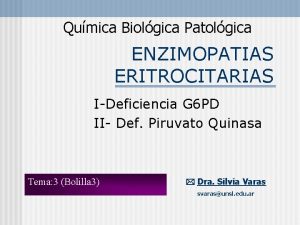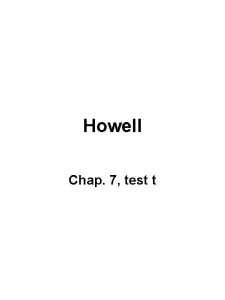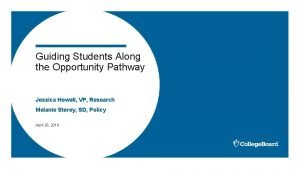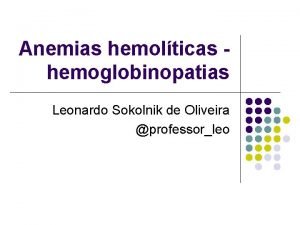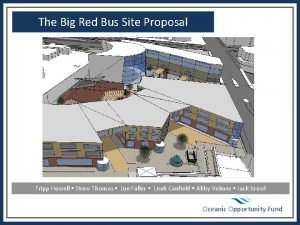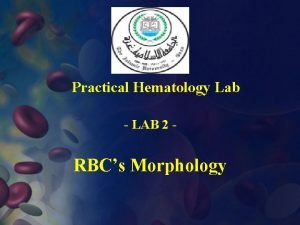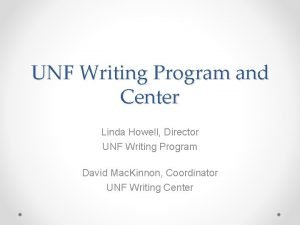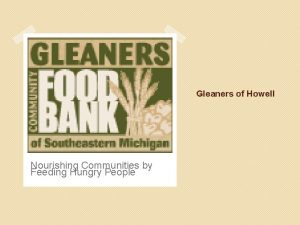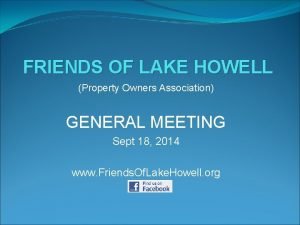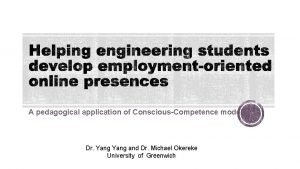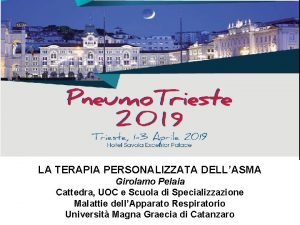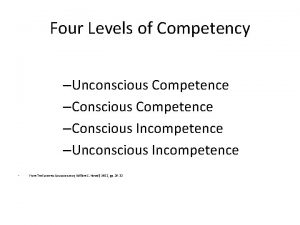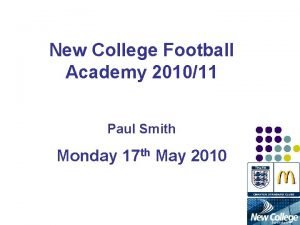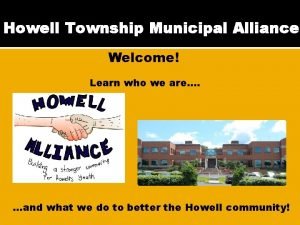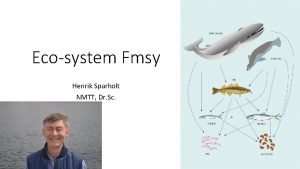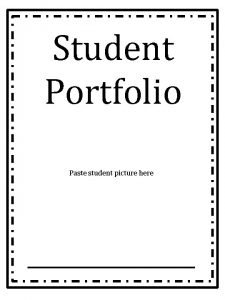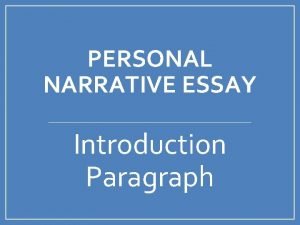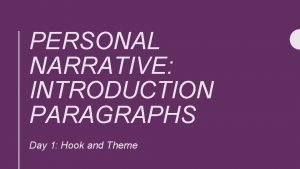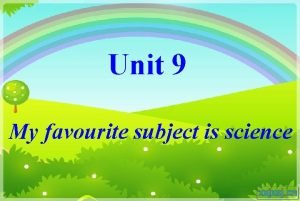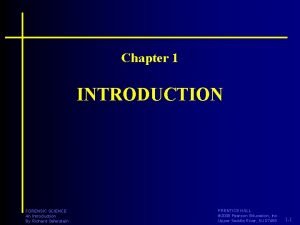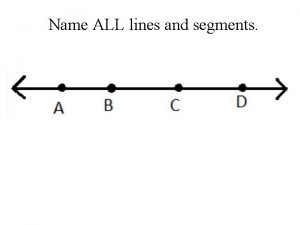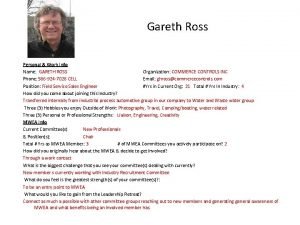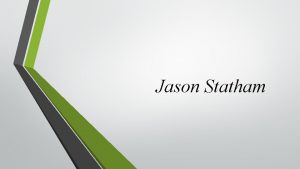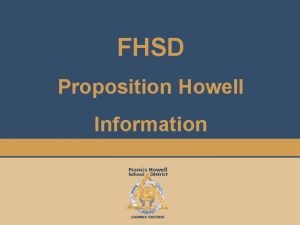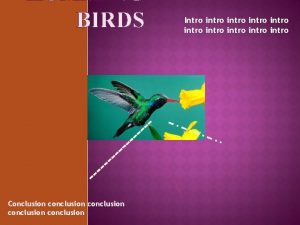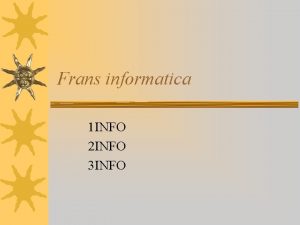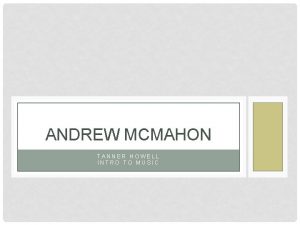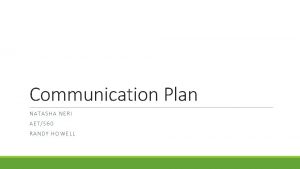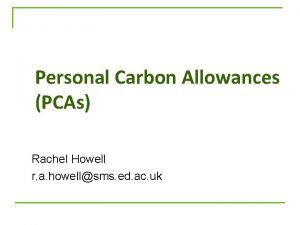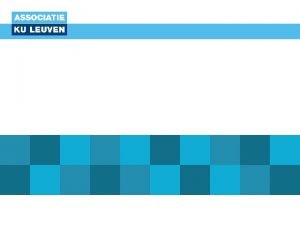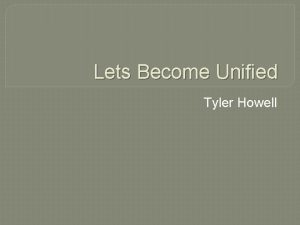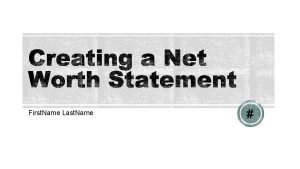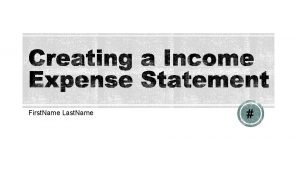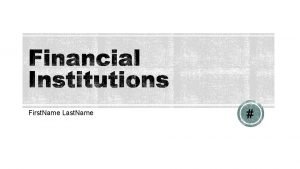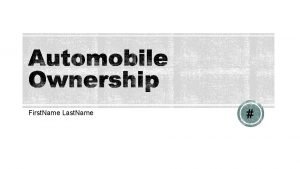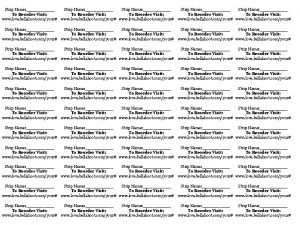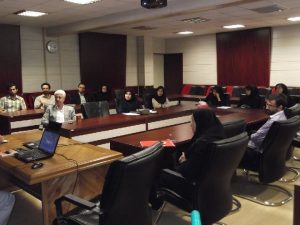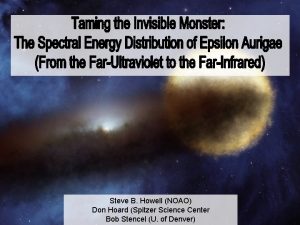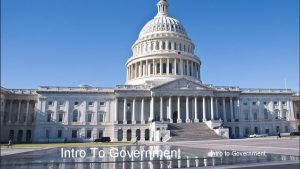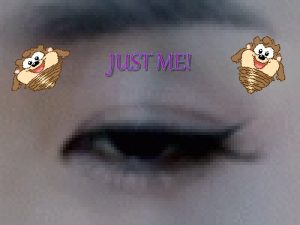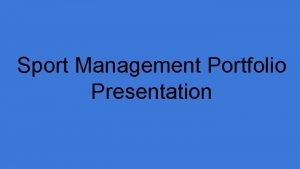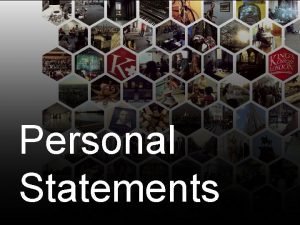SCIENCE INTRO Mr Howell Personal Info Name Jason


























- Slides: 26

SCIENCE INTRO Mr. Howell

Personal Info � � � � Name: Jason Howell Age: Secret~~~~shhhh Family: Wife and 2 sons Graduated: Seoul National University Major: Earth Science Education Specialty: Microfossils Talents: Korean Language Translation Hobbies: Reading, Gaming, Hiking, Bike-riding

My Travels

Student Introductions � Let’s go around and introduce ourselves. � Tell �“ �“ us your name and where you’re from. ” what you did over the summer. ” what you like about CDS.

Classroom Rules � No food or drink in the classroom! ~Water is ok � Keep your desk space clean and neat! � Come to class on time! � Three unexcused tardies results in minus points and detention. � Raise your hand if you have a question! � Please use the restroom during break! Only three restroom breaks per term. � At the end of class clean your desk, push your chairs in, and stand up until you are dismissed.

Assignment Review � � � Grading Breakdown: Term Project 30% Lab Reports 20% Homework 20% Quizzes 20% Participation 10% Term project is due at the end of the term. Lab reports are due at the end of class. Homework due dates will be assigned when the work is given.

Lab Safety � � � When in the lab wear a lab coat and goggles. Use gloves when dealing with dangerous substances. Be careful around fire or hotplates. � Don’t � � � burn random objects. Don’t eat anything in the lab. If burned rinse your burn under cold water immediately. If something gets in your eye, rinse your eyes immediately.

WHAT IS SCIENCE?

What is Science? � What do you think of when you hear the word science?

What is Science? � � � From the Latin for “Knowledge”. The pursuit of truth. 16 th Century Francis Bacon’s “Scientific Method” Inductive Reasoning Empiricism Experimentalism

“New Atlantis” � A book by Francis Bacon. � Utopian view of a world based upon scientific reasoning. � Using the scientific method science and technology can progress to such an advanced level that they can satisfy all of humanities needs.

Inductive Reasoning The application of prior experience to new situations. *Making general conclusions based upon specific observations* Ex. ) - All the life forms we know of require water to exist. - Aliens must, therefore, also require water to exist.

Empiricism *All knowledge is learned through experience* - There is a limit to logic. The world must be approached with 5 senses. The validity of a conclusion must be proven by experience.

Experimentalism Through experimentation, the truth of a conclusion can be tested and proven. An experiment is a test that is carried out under specific conditions. The results are recorded mathematically and are replicable. Experiments are conducted according to the scientific method.

Scientific Method 1. 2. 3. 4. 5. 6. Observation Hypothesis Prediction Experimentation Results Conclusion

Scientific Method � � The observation is done first so that you know how you want to go about your research. The hypothesis is the answer you think you'll find. The prediction is your specific belief about what the results of the experiment will be: “If my hypothesis is true, then I predict we will discover. . . ” The experiment is the tool that you invent to answer the question, and the conclusion is the answer that the experiment gives.

� Question: Ex. ) Under what conditions does metal rust the fastest? (i. e. air, salt water, fresh water, oil, and vinegar)

Experiment Setup: n Place a metal nail into test tubes of different environments.

Observation/Research: � � Metal objects. What causes rust?

Hypothesis: � � Metal in a liquid environment will rust faster. Metal in an acid will rust faster.

Prediction: � Given 5 different environments (i. e. air, fresh water, salt water, oil, and vinegar), the metal in vinegar will rust the fastest and the metal in air will rust the slowest.

Experimentation: � Place each piece of metal in a separate environment and observe the rusting process over a period of 2 weeks. � Make a table to record daily progress results

Conclusion/Results:

Do the Results and the prediction agree? Do they support the Hypothesis?

Fields of Science � Physics: Mechanics, Quantum Mechanics, Nuclear physics, Electromagnetics � Chemistry: Physical Chemistry, Nuclear Chemistry, Molecular Chemistry, Biochemistry, Crystallography � Biology: Cell Biology, Microbiology, Molecular Biology, Genetics, Ecology, Evolution, Taxonomy � Earth Science: Geology, Geophysics, Oceanography, Meteorology, Astronomy, Paleontology

Scientists
 Hemicromo
Hemicromo Howell 7 paires
Howell 7 paires Iboro umana
Iboro umana Corpusculo de howell-jolly
Corpusculo de howell-jolly Tripp howell
Tripp howell Rbc morphology grading guide
Rbc morphology grading guide Knizocyty
Knizocyty Howell v coupland
Howell v coupland Linda howell unf
Linda howell unf Gleaners howell
Gleaners howell Lake howell arms
Lake howell arms Howell 1982 conscious competence model
Howell 1982 conscious competence model Benralizumab
Benralizumab Conscious incompetence model
Conscious incompetence model Ian howell chelsea
Ian howell chelsea Howell township municipal
Howell township municipal Daniel howell
Daniel howell Georgia housing voucher program dbhdd
Georgia housing voucher program dbhdd Personal information example
Personal information example Narrative introduction paragraph
Narrative introduction paragraph Intro paragraph for personal narrative
Intro paragraph for personal narrative Describe your favourite subject english
Describe your favourite subject english Chapter 1 intro to forensic science
Chapter 1 intro to forensic science Name all rays
Name all rays Work-info.name
Work-info.name Work-info.name
Work-info.name Name
Name
